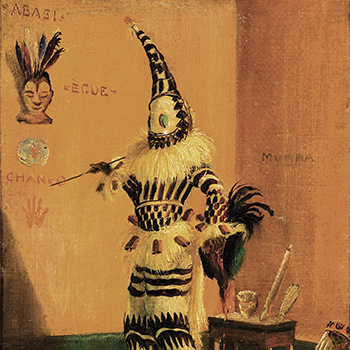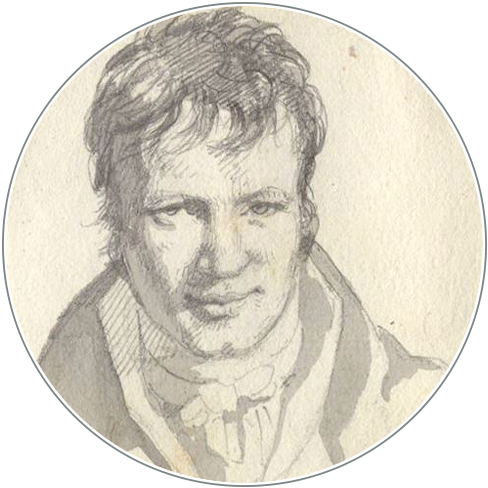El “afro” de don Fernando Ortiz y los “africanos” de Humboldt. “Afro”, “África”, Afro-Latinidad en la historia, memoria y herencia cultural de la América ibérica y el Caribe
DOI:
https://doi.org/10.18443/393Keywords:
Afro, Afro-Nachkommen, Sklaven in den Sklaverei-Imperien der Amerikas, Begriffsbildung und Nutzung durch Alexander von Humboldt und Fernando Ortiz, Kritik DeKolonialer DiskurseAbstract
This article examines the naming of large population groups in the Americas, such as former slaves and their descendants. The group that today shapes discourse on slavery and its consequences is often called “Afros.” Not only in English-speaking countries, but also in Iberian regions (where most people were brought from Africa). The culture of these territories is referred to as “Afro-Latinidad.” This historicization examines the naming of these groups during the period of slavery (USA until 1865, Cuba until 1886, Brazil until 1888) and the invention of the term “Afro” by Fernando Ortiz (1881–1969). Ortiz’s conceptualization lends itself to comparison with Humboldt’s concepts (and ist contemporary translations). At the same time, the article traces the self-designations of those who are referred to as Afro-descendants, primarily by scholars of culture.

Published
How to Cite
Issue
Section
License
Copyright (c) 2025 Michael Zeuske

This work is licensed under a Creative Commons Attribution-NonCommercial 4.0 International License.
HiN operates under a Creative Commons-Licence (CC BY-NC 4.0), which permits the reproduction of articles, free of charge, for non-commercial use only and with the appropriate citation information. All authors publishing with HiN accept these terms of publication.
Authors retain the copyright for their articles and reviews. Copyright of the layout and design of HiN articles remains with the journal and cannot be used in other publications.









